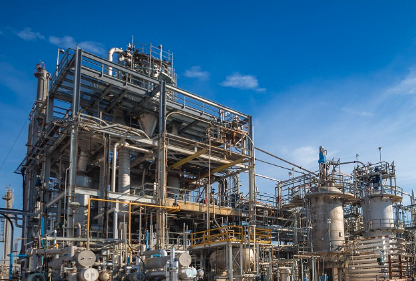
March 30, 2025
The International Sustainability and Carbon Certification (ISCC) has recently expressed strong opposition to the European Commission’s discussion of a possible moratorium on…
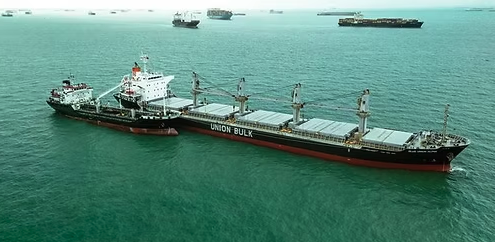
March 29, 2025
A white paper published by DNV (Det Norske Veritas) states that despite rapidly growing sales of bio-blended marine fuels in ports such…
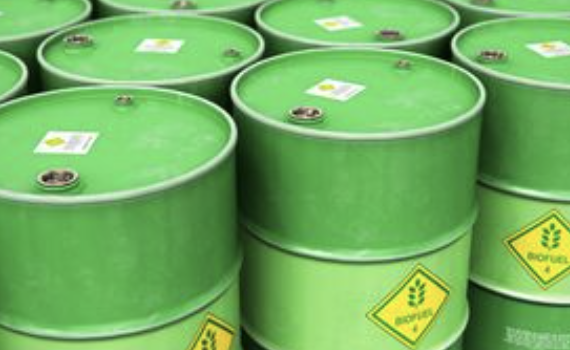
March 28, 2025
March 28 (Bloomberg) — President Donald Trump’s administration has asked oil and biofuel producers to reach an agreement on the next phase…
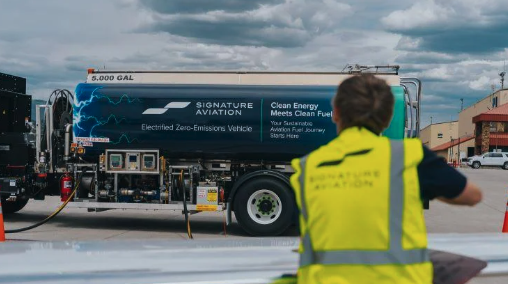
March 25, 2025
March 25 (Bloomberg) — FBO chain Signature Aviation is expanding its sustainable aviation fuel (SAF) operations to six new locations in Europe…
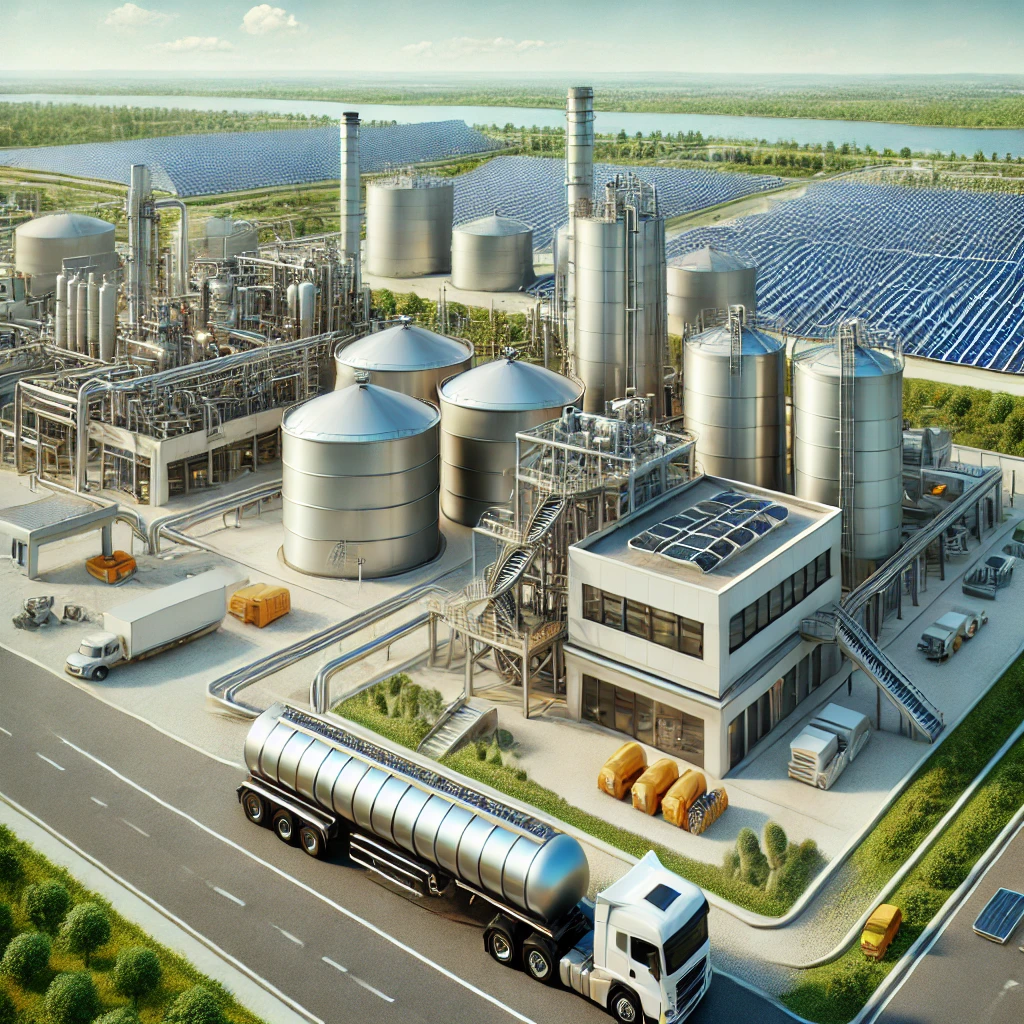
March 25, 2025
In Washington, U.S. and Canadian biofuel producers, concerned about the impact on trade of President Donald Trump’s waffling on tariffs, have cut…
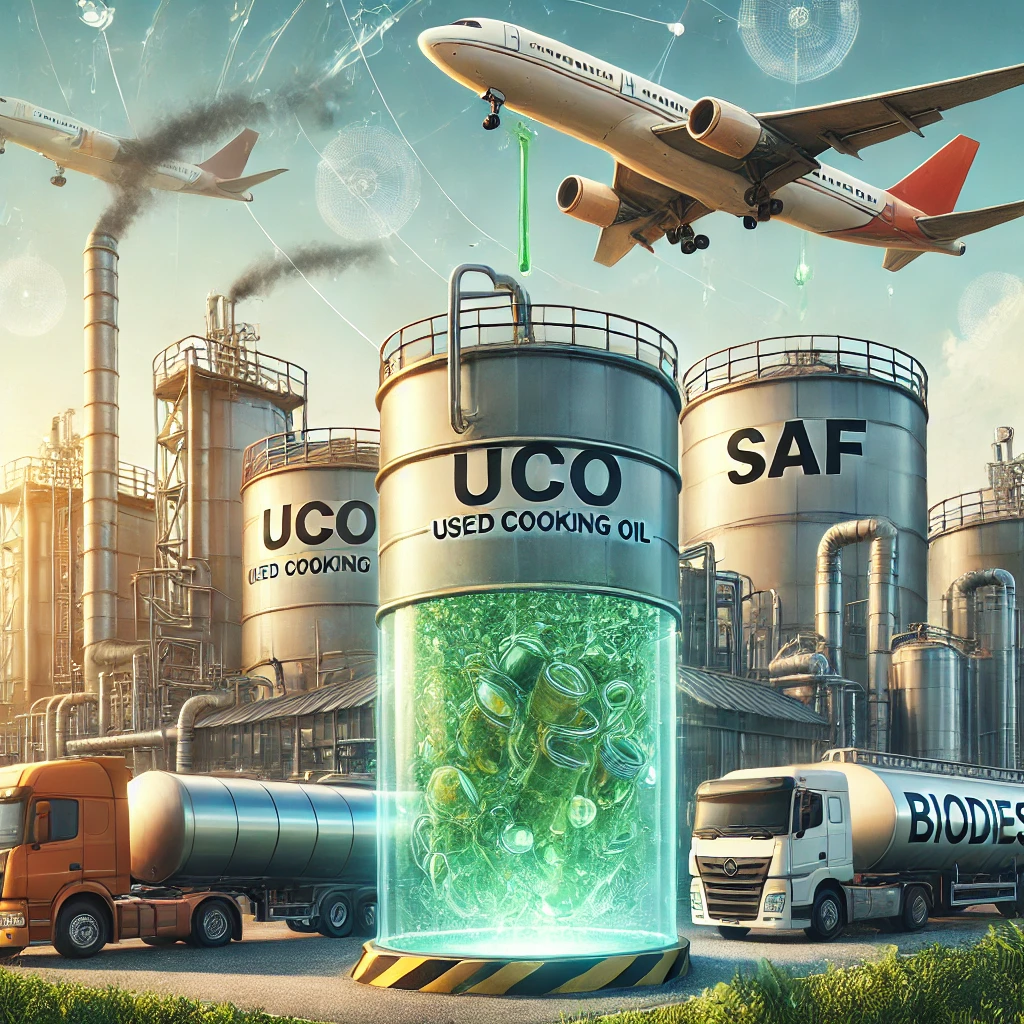
March 25, 2025
Jia’ao Environmental, which recently received an investment from British oil giant BP, has received approval from Chinese regulators to bring its sustainable…
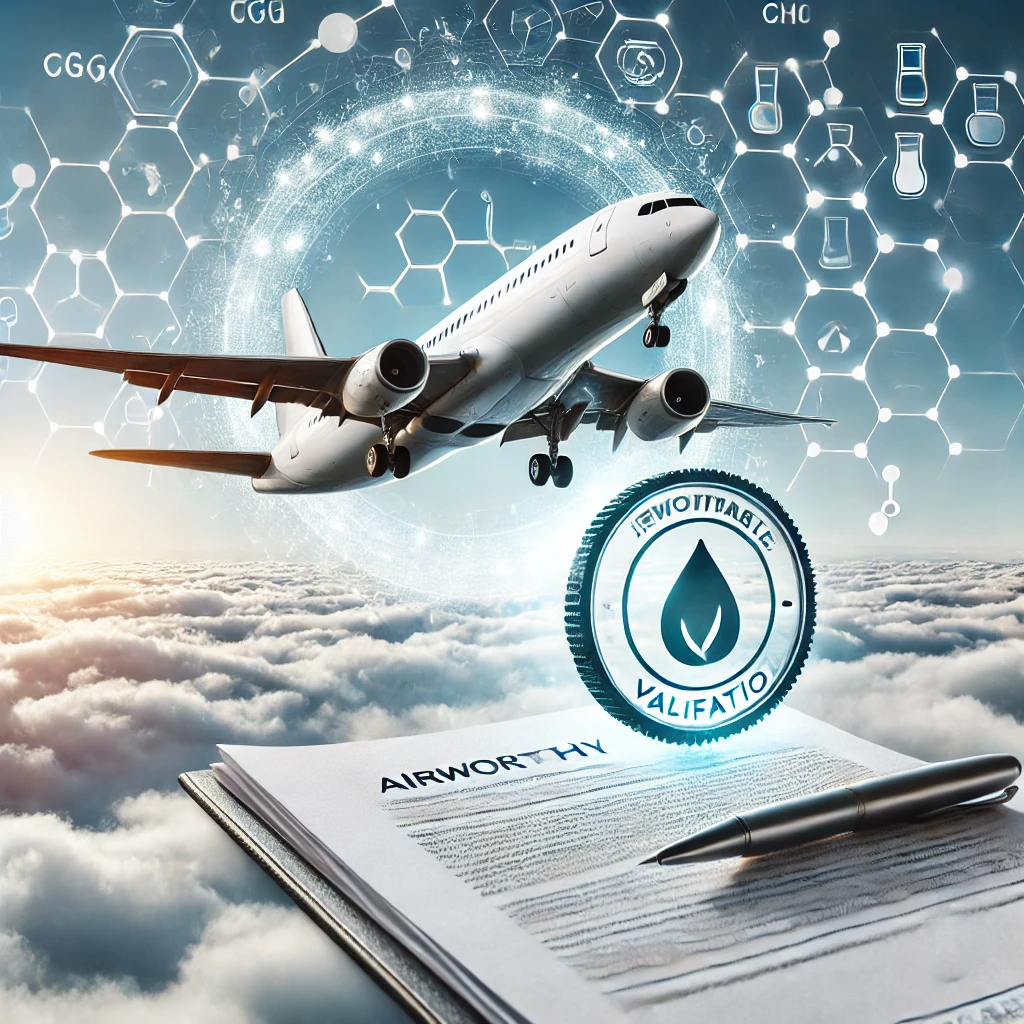
March 25, 2025
According to the UK’s Tourism Weekly, the Climate Change Committee, which advises the UK government, has stated that the UK aviation industry…
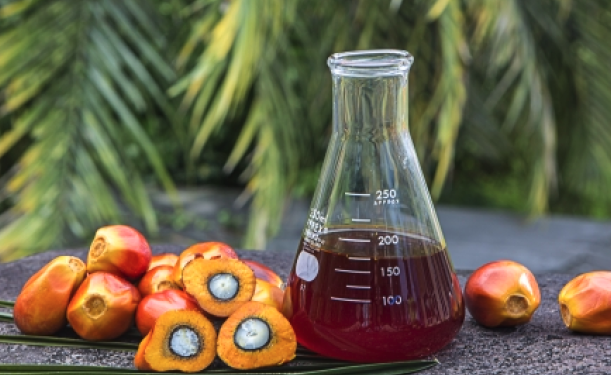
March 24, 2025
From July 2024 to early March 2025, palm oil imports into the European Union (EU) fell significantly, by about 21% compared to…
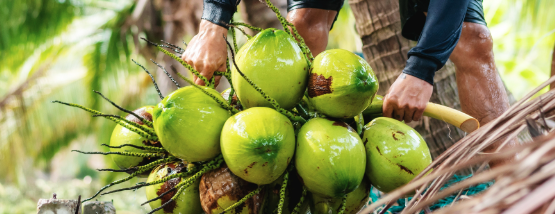
March 24, 2025
The Philippine government’s plan to increase the biodiesel blend in diesel fuel presents a significant opportunity for growth in the biodiesel market.…
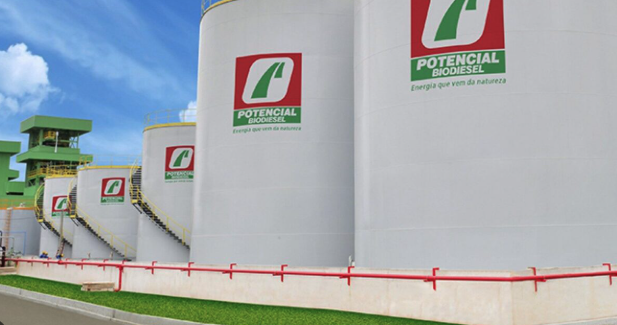
March 21, 2025
The recent proposal to pause the mandatory 90-day blending of biodiesel with fossil diesel is a major setback for Brazil, both economically…









